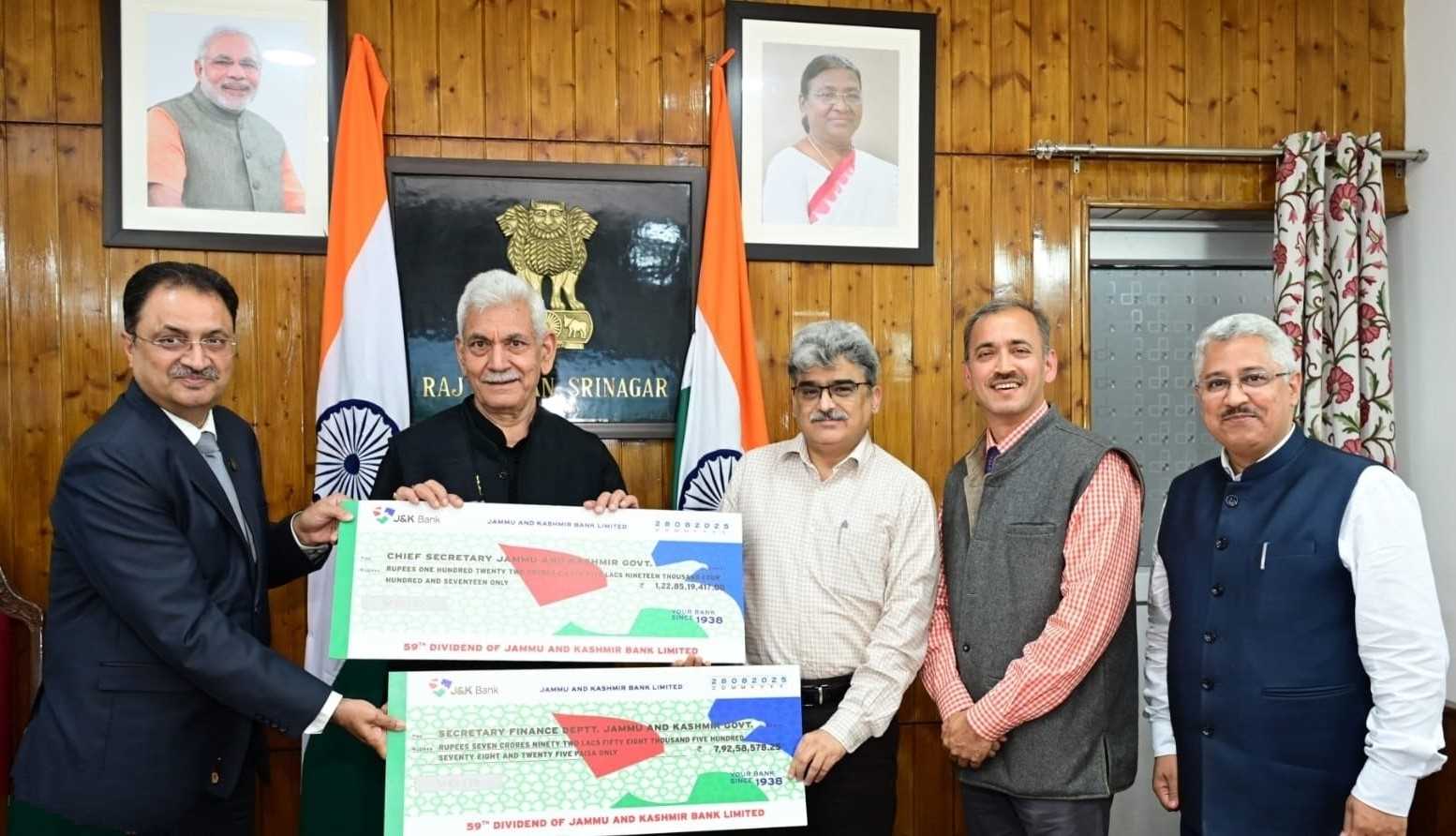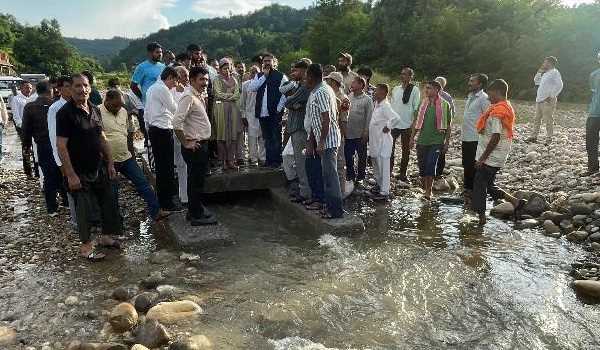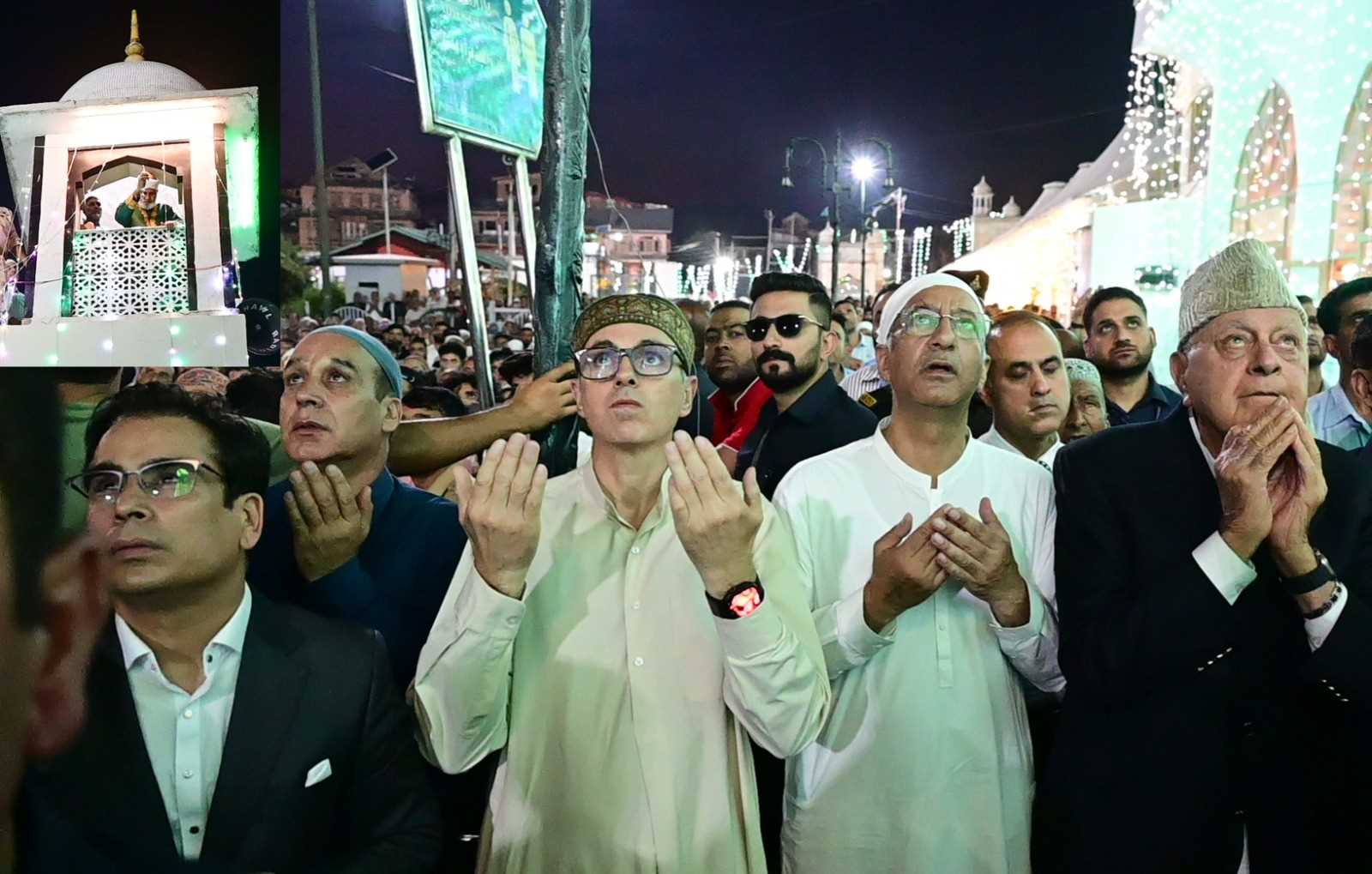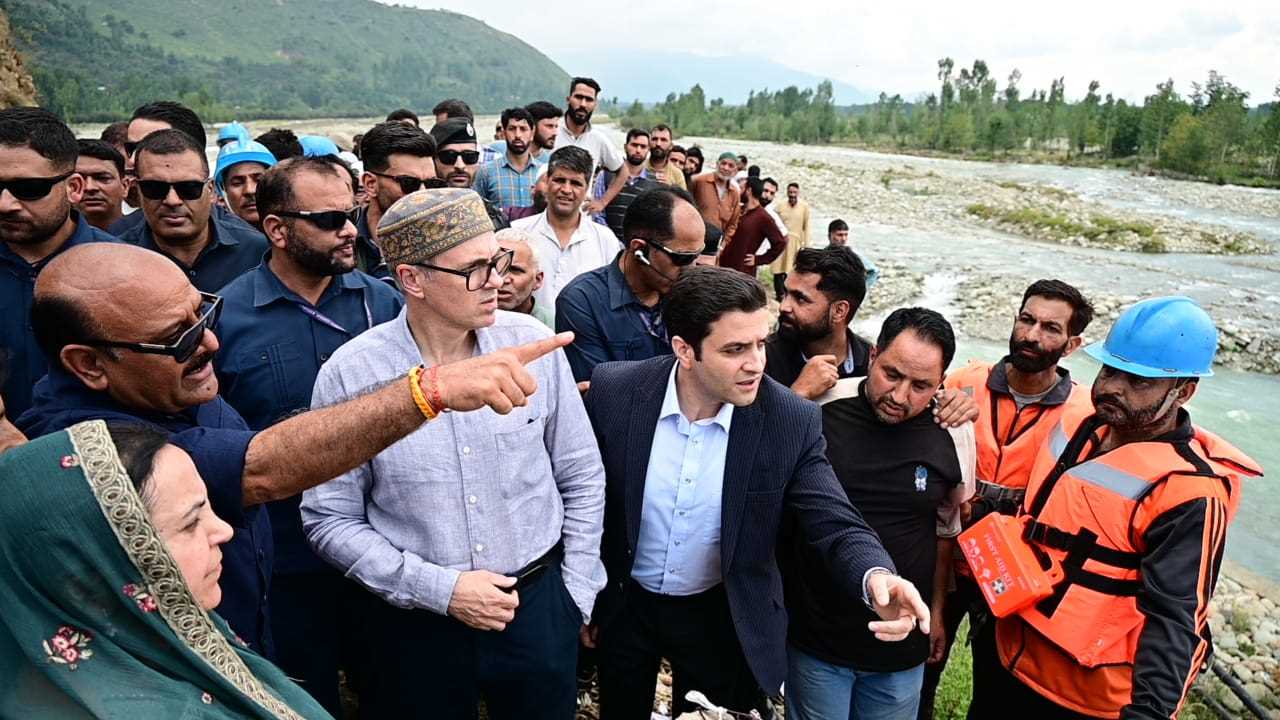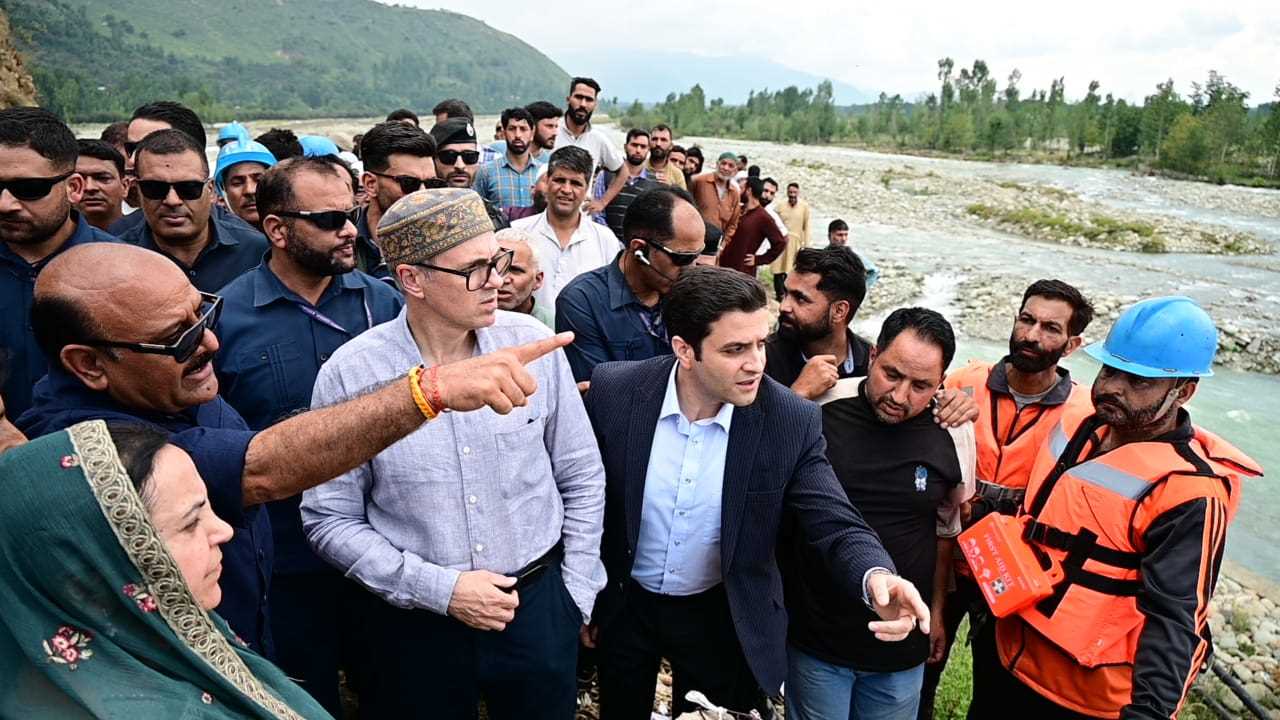Prophet Muhammad ﷺ was known as Ummi—a term often translated as “unlettered,” but whose deeper meaning transcends mere literacy. He did not receive formal education, nor did he study under the scholars of his time. Yet his insight into the human condition, the moral architecture of life, and the metaphysical dimensions of existence surpassed even the most erudite minds. His wisdom was not the product of accumulated facts or scholastic training. It was the fruit of a reason illuminated by revelation.
Shaheed Murtaza Mutahhari, the Iranian philosopher and martyr, regarded the Prophet’s lack of formal schooling not as a deficiency but as a profound virtue. It signified that his knowledge was untainted by institutional biases and intellectual vanity. Similarly, Shibli Nomani, the eminent historian, saw in this ummiyyah a sign of divine purity—a vessel untouched by worldly conditioning, ready to receive the light of truth.
The Qur’an did not merely inform the Prophet ﷺ—it transformed him. It shaped his entire way of perceiving reality. Through revelation, he came to grasp the moral laws that govern human life, the purpose behind creation, and the intimate connection between the seen and unseen. Revelation gave his reason clarity, direction, and purity. It enabled him to transcend the circumferences of the phenomenal world and enter the realm of eternal truths.
This brings us to a vital distinction: the difference between knowledge and revelation. Knowledge, as commonly understood, arises from study, observation, and experience. It is built through disciplines like science, history, and philosophy. Yet this kind of knowledge is always filtered—shaped by personal biases, cultural contexts, and the limitations of human cognition. It can be twisted, misused, or misunderstood. As Immanuel Kant famously argued, reason cannot access the noumenal—the realm of things-in-themselves. It remains confined to appearances, unable to pierce the veil of transcendence.
Revelation, by contrast, comes directly from God. It is not the product of human effort or speculation. It is pure, timeless, and free from distortion. It does not bend to trends, ideologies, or political agendas. It speaks directly to the heart and soul, guiding humanity toward truth, justice, and compassion.
Islamic scholars have long recognized two distinct forms of knowledge. The first is ‘ilm al-husuli—knowledge acquired through learning, reasoning, and sensory experience. The second is ‘ilm ladunni—a divinely gifted knowledge that enters the heart without mediation. Prophet Muhammad ﷺ was the embodiment of ‘ilm ladunni. His understanding did not come from books or teachers. It came from divine inspiration. His heart was open, sincere, and free from pride—ready to receive the light of truth.
This teaches us a profound lesson: the limitations of reason are not overcome by more data or institutional education, but by revelation. Divine inspiration elevates reason, purifies it, and gives it a higher purpose. Revelation is not merely informational—it is transformational. It awakens the heart, purifies the soul, and aligns reason with the eternal.
When knowledge is severed from revelation, it becomes dangerous. It can be weaponized to control, to justify injustice, or to mask ignorance behind complex jargon. History bears witness to this: colonial powers used science to dominate, ideologies used philosophy to divide, and modern systems reduced human beings to data points. In all these cases, knowledge became corrupt—not because it was false, but because it lacked moral and spiritual grounding. It became amalgamated with ego, power, and prejudice.
Revelation, however, cannot be corrupted. It flows from a source that is perfect and pure. It challenges the ego, speaks truth to power, and uplifts the forgotten and oppressed. It does not change to please anyone—it remains firm in its message of justice, mercy, and truth.
The Qur’an describes itself in evocative terms: as Nur (light), Shifa (healing), and furqan (a criterion between right and wrong). It is not merely a book—it is a mirror that reveals our true selves, a medicine that heals the wounds of ignorance, and a sword that cuts through illusion. It refines reason and brings peace to the soul.
Thus, when we say that reason does not need knowledge but needs revelation, we are not rejecting knowledge. We are asserting that knowledge must be guided by a higher principle. It must serve wisdom, and wisdom must be rooted in revelation. Reason, when enlightened by revelation, becomes a force for good. It does not merely explain—it inspires. It does not merely argue—it bears witness to truth.
In our contemporary world, we are drowning in information. We have more data than ever before, but less meaning. We have specialists in every field, but few who speak to the heart. We have knowledge, but we lack wisdom. What we truly need is revelation—a light that purifies reason and guides us toward justice, beauty, and truth.
In the life of Prophet Muhammad ﷺ, we find the perfect synthesis of reason and revelation. His intellect was not confined by human learning—it was elevated by divine light. His heart was not hardened by pride—it was softened by sincerity. Through him, we learn that true understanding does not come from books alone, but from a heart attuned to the sacred.
His example invites us to rethink the foundations of knowledge. It challenges us to seek not just information, but transformation. It calls us to purify our reason with revelation, and to let our intellect serve the cause of truth. In a world fragmented by ideologies and overwhelmed by data, the Prophet’s life offers a luminous path—a path where reason and revelation walk hand in hand, guiding humanity toward its highest destiny.
Email:-------------------------azaadbhat28@gmail.com


